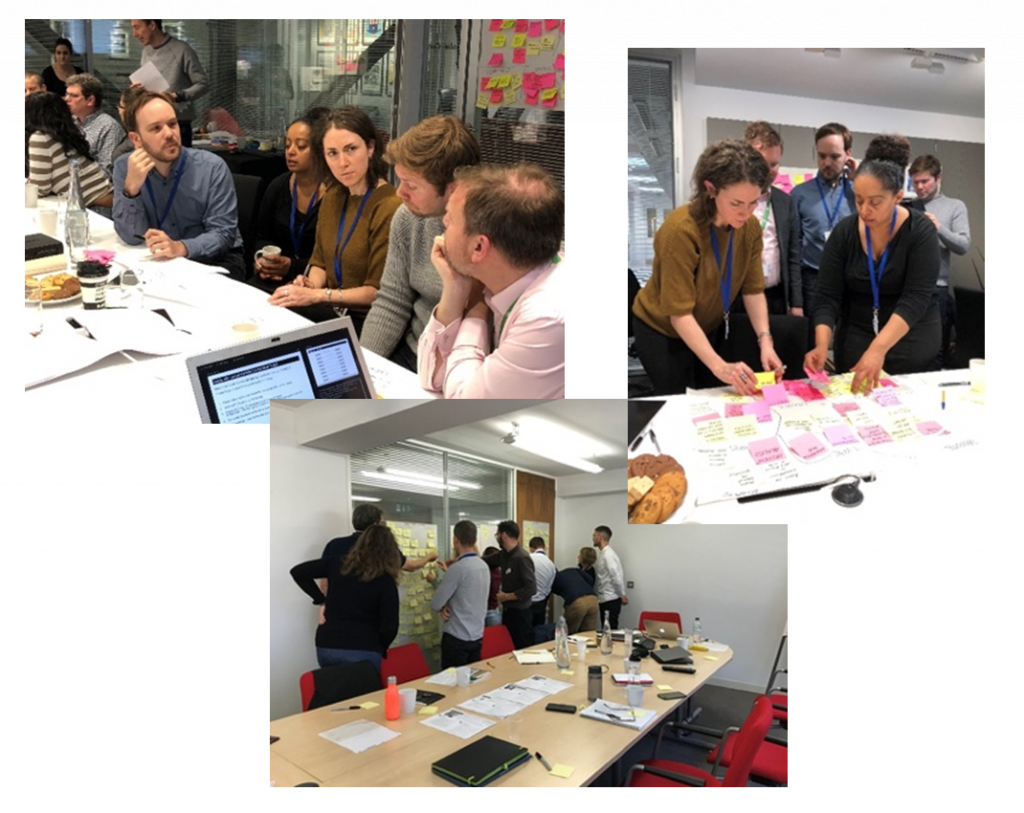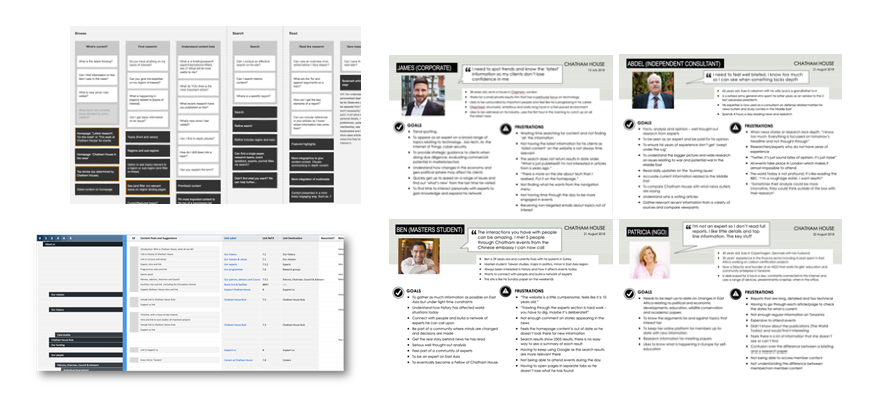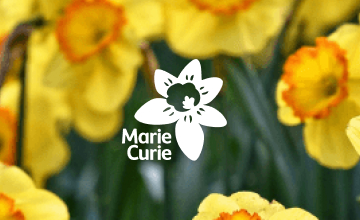
Who our client was
Chatham House, also known as the Royal Institute of International Affairs, is a not-for-profit and non-governmental organisation based in London whose mission is to “help governments and societies build a sustainably secure, prosperous and just world”.
What our client wanted
The Chatham House website had grown organically over time as had their diverse global audience. To ensure the structure and content of the site was meeting their users’ needs and as part of a wider digital transformation project, the organisation engaged Bunnyfoot to carry out research with users to develop a fully user-centred approach to delivering content.
As part of their digital transformation strategy, they wanted to:
- Better understand the needs of their diverse global audience
- Provide a clear path to the wealth of content Chatham House produces as well as the many varied activities they undertake
- Ensure the website caters to the needs of a wide range of users, from professionals working in the field of international affairs to the informed general public.


What we delivered
- An in-depth review of existing customer insight and analysis to identify themes and areas for exploration and redevelopment
- A website survey and analysis of over 7,000 responses to understand more about the different types of users, what their broad goals were and what their current experience was like
- An internal stakeholder workshop to gather internal expertise and knowledge from subject matter experts as well as gaining buy-in on the process
- Depth telephone interviews with users based around the world to gain qualitative insight for the production of personas
- Observed browsing of the Chatham House website and other sources to understand current behaviour
- Development of 4 core personas covering primary needs, wants, frustrations and motivations of users
- A thorough content audit of the existing site to analyse key relationships between information as well as gaps
- A series of 3 stakeholder workshops with content providers at Chatham House to review the process and findings so far, examine key journeys, prioritise content and develop an information architecture skeleton
- Mental model / content model based on personas used to prioritise content for the information architecture and reveal gaps for the development of new content
- First pass of the Information architecture to develop the structure of the new site as well as key relationships between content pieces
- To validate the information architecture, we carried out
- Face-to-face open card sorting: to gather rich qualitative insight from users on how they structure and think about information
- Once the IA was developed, we carried out online tree testing to validate the hierarchy of information and ensure the proposed structure would work in practice
- Further refinements were made to the IA along with annotations to be used by designers and developers


The results
- 170% increase to donations
- 38% increase in new email subscribers
- 61% increase in pages visited per session
- Internal stakeholder workshops throughout the project helped gain internal buy-in on the project as well as drawing out expert knowledge about users to feed into the process
- User interviews uncovered 4 personas which became the foundation for the modelling of content and the development of the information architecture. These gave a clear picture of the core site users and their main tasks, goals, needs, wants and frustrations with the current site.
- The new information architecture included detailed paths to content including
- a focus on topic and region pages as a way into Chatham House research
- Improved grouping of topics,
- increased cross-linking between related information,
- increased visibility of events and
- improved visibility of the support us section
- Validation exercises through card sorting helped to refine the IA with tree testing task results delivering success rates between 80 and 90 percent
- A detailed information architecture was delivered to Chatham House giving them confidence for the next steps of their design process
“The team at Bunnyfoot brought us closer to new audiences through extensive user research.
They collaboratively designed a website that both reflects our organisational objectives and radically improves the user experience, providing us with a roadmap and a framework that continues to guide the redesign and iteration of our content and user journeys.”
Linda Benjemin
Head of Digital Products, Chatham House



 Linda Benjemin
Linda Benjemin



